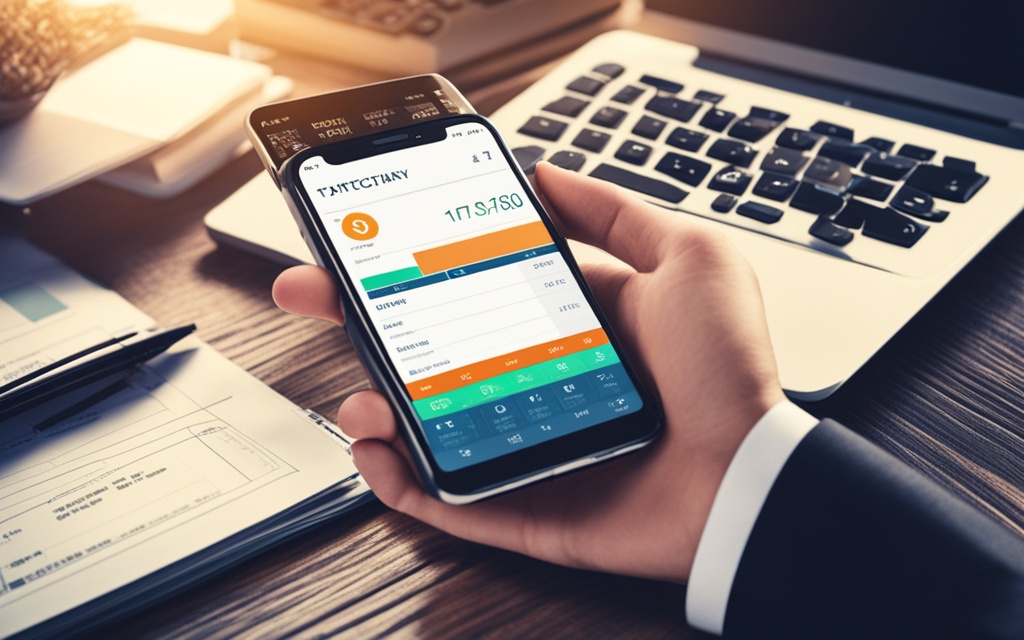Sending cryptocurrency from one wallet to another, known as wallet-to-wallet transfers, can bring tax duties. In countries like the United States, you might face income tax when you get the cryptocurrency. You might also pay capital gains tax when selling it. Yet, the rules change for wallet-to-wallet transactions.
Knowing the tax rules for moving crypto between wallets is key for anyone, whether you’re a newbie or an expert. It’s important for managing your digital assets wisely. Being aware of these tax effects will guide smarter financial choices.
We will soon look closer at sending crypto to different wallets and what it means for taxes. This includes transfers both at home and abroad. We’ll also discuss how to handle these transactions for tax reasons. By the end, you should feel more confident in handling crypto tax matters.
Tax Implications of Sending Crypto to Another Wallet in Different Countries
The tax rules for moving crypto between wallets change from place to place. Knowing the tax laws for these transfers is key for anyone using crypto.
Let’s look at how sending crypto to another wallet works in Australia and the US.
Australia
In Australia, moving crypto between your wallets isn’t taxed. It’s like in the US. The ATO, Australia’s tax office, says you’re not selling the crypto if you still own it.
This means sending Bitcoin between your own wallets doesn’t cost you in taxes. But, remember, you might pay if you sell the crypto.
United States
In the US, sending crypto between your wallets is also tax-free. The IRS considers this a movement under your ownership, not a change in ownership.
Yet, sending crypto to someone else requires attention. It might count as a sale. This means you could owe taxes on any gains.
It’s a good idea to talk to a tax expert or check with your local tax authority. They can help you understand the tax rules in your area.
Knowing how taxes work on wallet-to-wallet crypto moves is crucial. It helps individuals and businesses follow the right tax laws. By keeping up with tax rules, you can handle crypto taxes correctly and follow your country’s laws.
Managing Wallet-to-Wallet Transfers for Tax Purposes
It’s important to follow tax rules and track your wallet-to-wallet transfers. Keep a detailed record of your crypto moves. Note the date, time, prices, and any other important details.
In the US, you pay income tax when you get crypto and capital gains tax when you sell. Trading crypto for items or services counts as selling, which is taxable. But, giving crypto as a gift usually isn’t taxed, unless it’s worth more than $16,000.
Transfer fees are generally not tax-deductible, but using crypto to pay them might be taxable. Many countries, such as the UK, Canada, and Australia, don’t tax moving crypto between your wallets. Still, it’s smart to keep records to prevent tax problems.
Crypto tax tools like CoinLedger and Bitwave can help. They automate your record-keeping and give you tax info you need. These apps make filing taxes easier and help you follow the rules.
FAQ
Are wallet-to-wallet transfers of cryptocurrency taxable?
Yes, sending cryptocurrency from one wallet to another may have tax consequences. In many places, such as the United States, you must pay income tax when you get cryptocurrency. You also pay capital gains tax when you sell it. The way taxes work on these transfers can change, though.
What is the tax treatment of wallet-to-wallet transfers in Australia?
In Australia, moving cryptocurrency between your own wallets is usually not taxed. The Australian Taxation Office (ATO) says if you’re still the owner, it’s not seen as transferring ownership. So, there aren’t tax effects in this case.
How should I manage my wallet-to-wallet transfers for tax purposes?
To keep in line with tax laws and handle your wallet-to-wallet movements for tax reasons, you must keep detailed records. This means recording the date and time of each move, the crypto’s value on each end, and any important info about the transactions.


















